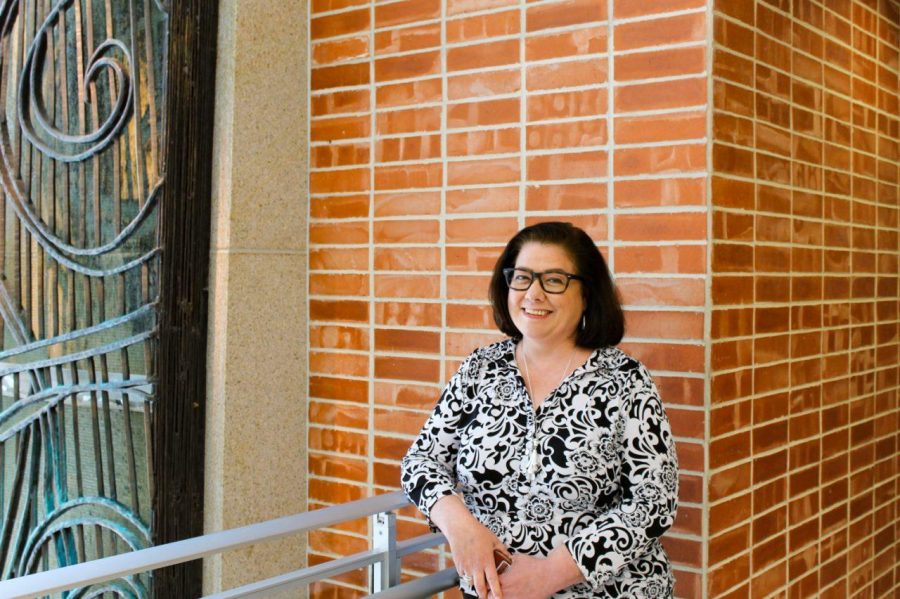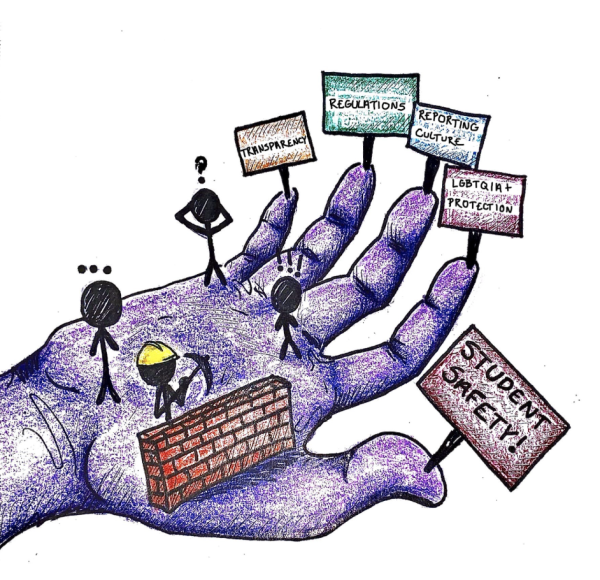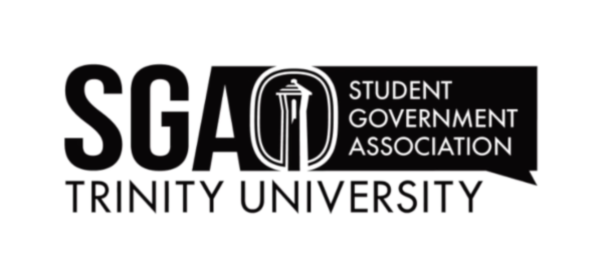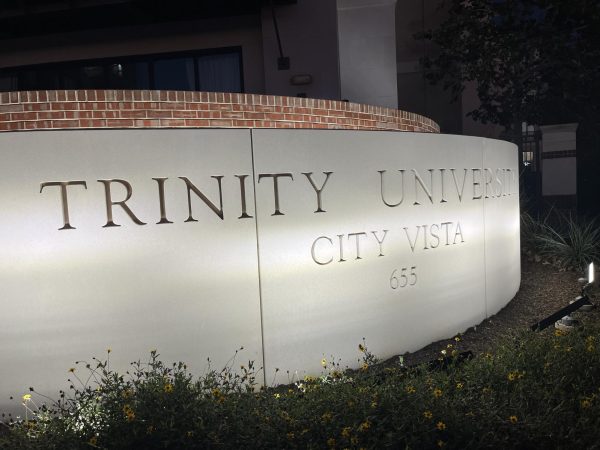Title IX Trainings remain a timely requirement despite pandemic
Title IX Coordinator Angela Miranda-Clark reiterates the importance of completing the required training
Online Title IX training was assigned to all students in October, but enough students had not completed the training that the deadline was extended to Dec. 18. In an email sent the day before the new deadline, Sheryl Tynes, vice president for Student Life, warned that failure to complete the training could impact spring or future registration. In addition to personal consequences, the email stated that if Trinity does not meet federal and state mandates for Title IX training, the university could face “significant financial penalties.”
A pandemic that has displaced students and changed socialization still does not make this training any less important, according to Angela Miranda-Clark, Title IX Coordinator. Not only does Title IX encompass sexual assault and harassment on which all incoming students must complete training, but continuous training is provided to all students about healthy relationships and stalking.
“The goal is to make the campus a safe place for everyone and I personally think it’s very important that everybody know their obligations under our sexual misconduct policy and that they have rights under the policy,” Miranda-Clark said. “That if something happens to them or a friend, there are supportive measures that we can put in place as a university to help somebody. I’ve talked to several students when they come in to meet with me after an incident or talk to me, and I talk to them about the ways we can support them and they’ve not been aware of that.”
According to Miranda-Clark, Trinity, like all other U.S. colleges and universities, is required to provide Title IX training to students and employees because of federal Title IX regulations, the Violence Against Women Act and the Clery Act. Both these, and Texas law, would result in financial penalties if Trinity did not meet their requirements.
“If we don’t meet our obligations under Title IX, the federal government through the Department of Education Office of Civil Rights can withhold federal funding from the university and that would include federal funding for things like research projects and students loans, so it could be a significant penalty,” Miranda-Clark said. “The Texas law also says that if we are not in substantial compliance with the law, the Texas Higher Education Coordinating Board can institute a fine of up to two million dollars that the university would have to pay not using any government funds.”
Texas law has recently changed to accommodate this financial provision, so the exact meaning of “substantial compliance” is unknown.
It is not only the Title IX Training that saw a lack of participation. Miranda-Clark has also seen a decrease in reports coming to her office. Part of this, she said, has to do with not as many students being on campus. Another part could be the online format of classes themselves.
“I also think it has something to do with how much people are talking to their professors,” Miranda-Clark said. “Because of that mandatory reporting requirement, I would get a significant number of reports from faculty members and I think that students just aren’t having the same kind of conversations with them that they used to when they were mostly in-person.”
While sexual harassment and stalking can still find its way into Zoom chats, text messages and social media, senior Cecelia Turkewitz thinks the physical distance from campus and other students might allow some to reflect on their experiences.
Turkewitz vocalized a struggle “to find this balance of learning through technology and trying to get students to pay attention because obviously there’s so much happening in the world,” Turkewitz said. “People are very emotionally drawn out. I think that thankfully people can begin to reexamine or rethink relationships, or rethink relationships they’ve had maybe as kind of an outsider’s perspective that’s not happening right now.”
Turkewitz, a sociology and economics double major, headed the Clothesline Project her sophomore year, bringing attention to sexual assault, abuse and violence, and has been active in the Coalition, a group about sexual justice. In her experience, she said she has seen friends avoid reporting Title IX matters because they do not understand what happens after they make a report.
“It doesn’t have to be this big, huge, long drawn-out process,” Turkewitz said. “The administration, at least Angela specifically, is really here for students and here to hear both sides of the story, and I just hope it encourages more reporting. I hope the school can gather more data and more students find relief and support through the administrative processes.”
Fraternity & Sorority Life (FSL) is one part of campus that strives to implement additional Title IX training for its students. Wills Brown, Assistant Director for FSL, said that in the past two years, New Active Class members underwent workshops about interpersonal violence and other training organized with student leaders, Miranda-Clark, and Katherine Hewitt, wellness coordinator.
“We generally host multiple bystander interventions workshops each semester, and I’m hoping to offer both zoom trainings and online modules re: healthy relationships and consent for our New Active Class members again later this spring,” Brown said. “Although there’s still much work to be done, it’s imperative we’re cultivating a community that doesn’t shy away from discussions of student safety.”
As the spring semester begins, Miranda-Clark said she does not want to bar anyone’s future registration for not completing the training. Yet, she still wants to emphasize its importance for Trinity as a whole and for individuals who may need Title IX information in the future.
“I just want people to know that I’m aware that this is not exciting and it’s just an obligation,” Miranda-Clark said. “But that doesn’t mean it’s not important. I really think we need to treat each other with respect and kindness and I hoped that the training on rethinking relationships might provoke some conversations about how to help each other and how to be in a relationship that’s healthy and not coercive on either party.”

I am a senior French and Earth Systems Science double major from St. Louis, MO. When I'm not wearing my EIC hat, I am also a Chapel | Spiritual Life Fellow,...












